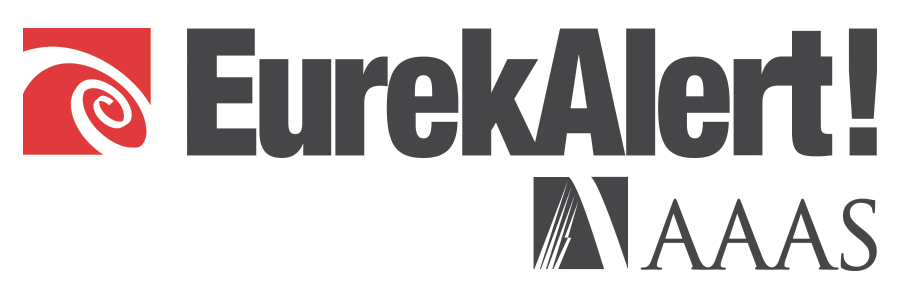
Mainstream strategies generally address the challenge of reducing carbon by reviewing consumption, but a complementary approach looks at how people spend their time.
Researchers from Surrey believe that policy-making from a time-use perspective provides facilities for people to be happy while causing less damage to the environment.
A paper published by the Journal of Public Mental Health examines the carbon footprint associated with different types of leisure activities. Researchers found pastimes that generally bring the most gratification involve physical and mental activity as well as socialising, which contributes to personal growth.
By combining information from studies on happiness with those on low carbon lifestyles, researchers found that the ideal activities for both happiness and carbon reduction include goal orientated pastimes such as playing a sport, as well as reading challenging books, singing in a choir and spending time at home with friends and family.
“But many of these activities can be done in low carbon or high carbon ways,” warned Angela Druckman, Professor of Sustainable Consumption and Production at the University of Surrey. “For example, as ambitions in competitive activities rise, people may fly abroad to take part in competitions.”
“We need a two-pronged approach,” explained co-author Dr Birgitta Gatersleben, Reader in Environmental Psychology. “We know that long distance travel should be discouraged and this is tricky due to its international nature. However, it’s easier to make progress at a local level. We need to support investment in local infrastructure, such as sports and community centres, and also provide facilities for safer cycling and walking to support more sustainable local travel.”
“In this way we can make progress towards a carbon neutral UK whilst also maximising happiness,” concluded Druckman.
###
Disclaimer: AAAS and EurekAlert! are not responsible for the accuracy of news releases posted to EurekAlert! by contributing institutions or for the use of any information through the EurekAlert system.

